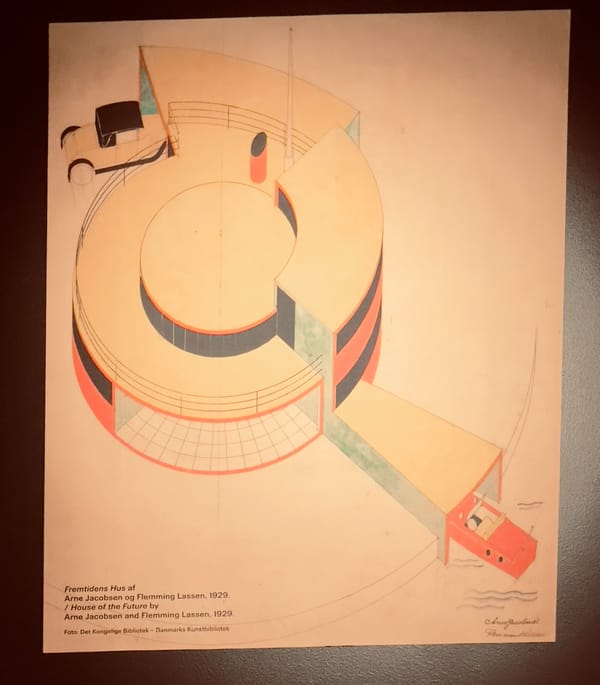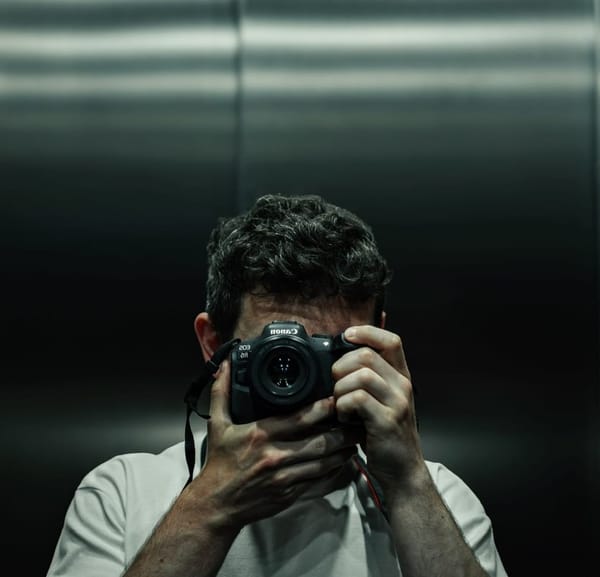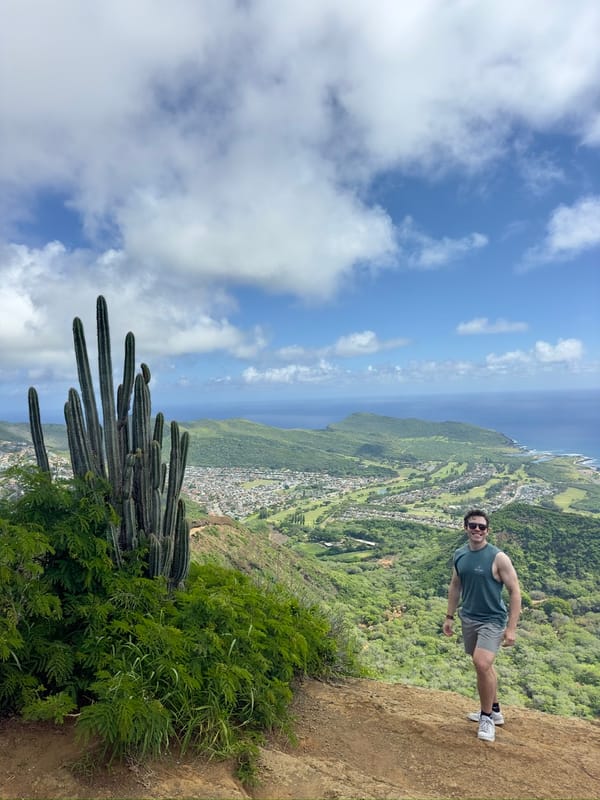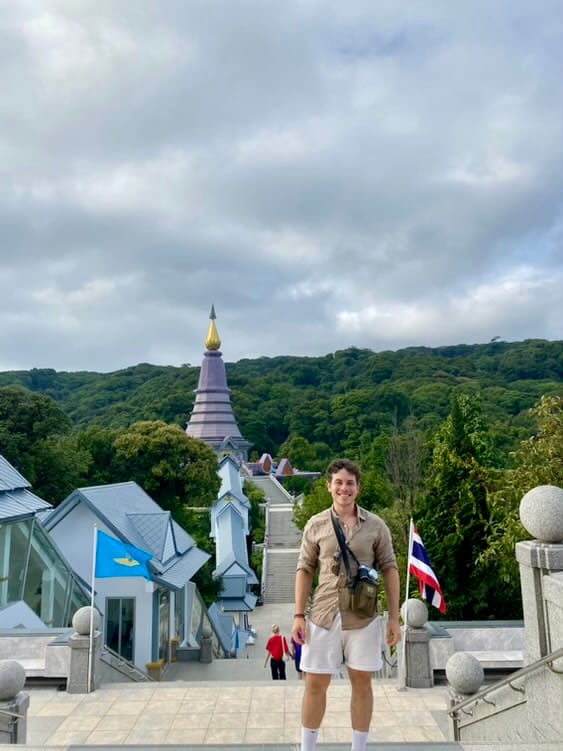What The Thais Taught Me
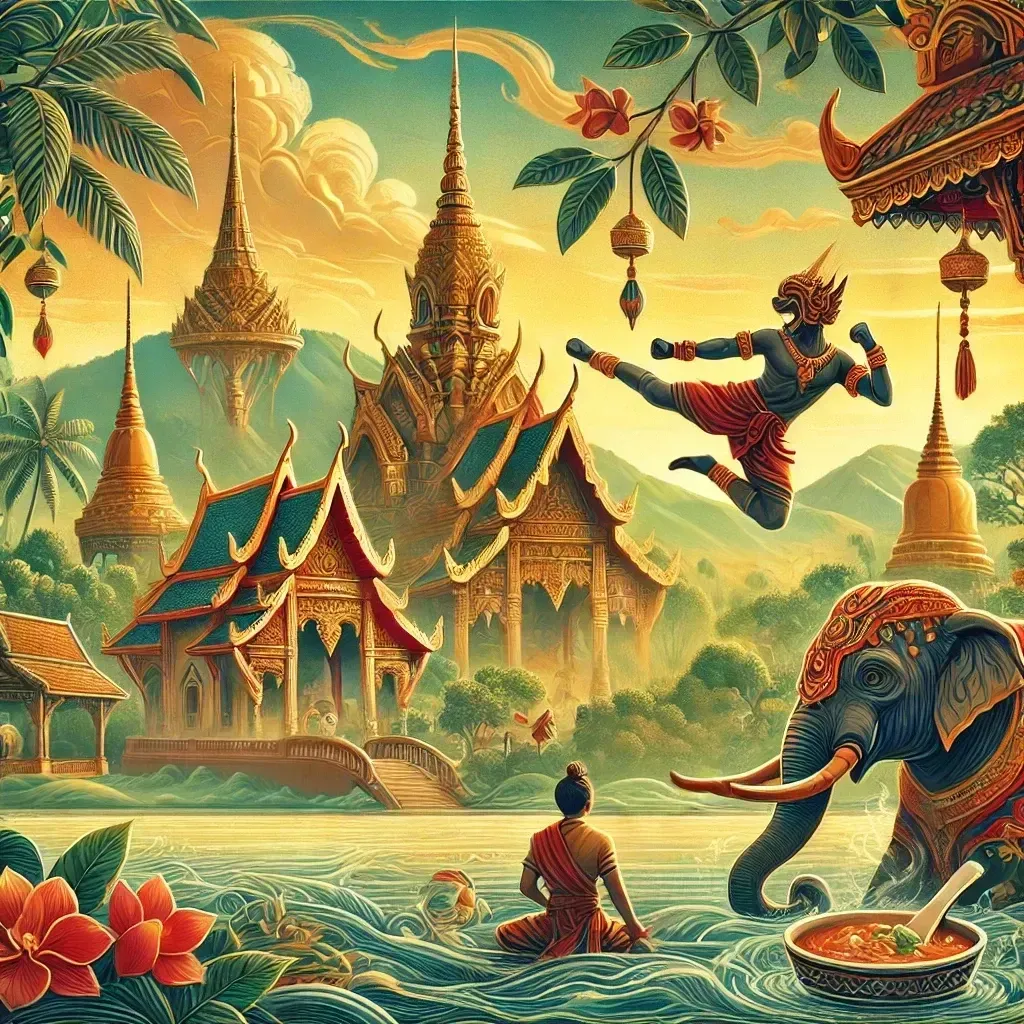
When I imagined what Thailand was going to be like, I expected golden beaches and good food – not experiences that would shape my life for years to come. I hope that the following lessons will also have an impact on your life as they had on mine.
Smile.
Thailand is not called the land of frowns – and you find out why in the first seven minutes after your arrival. I have never met so many friendly people in such a short time. Smiling is an integral part of Thai culture. But a smile does not serve just one function, but several. For example, a smile can be reassuring and positive. But it can also mask an underlying negative emotion, such as nervousness or even anger. Because “saving face” is integral to Thai culture, smiling allows people to maintain harmony even in difficult situations.
At first, this seemed inauthentic to me. I love direct communication. It makes life easier. That is when I realized that the words “direct” or “indirect” do not fit communication methods all that well. It might seem indirect compared to Western communication, but that is because we are inexperienced in such a way of communication. A Thai can distinguish between a happy or an angry smile in milliseconds.
But smiling is much more than a communication method. I realized that smiling more had a profound impact on my life. This is also backed by science: studies show that even the mere act of smiling can boost your mood. The brain cannot distinguish if the smile is genuine or not. Instead of mood following action, action follows mood. This message should make you jump for joy, because it is much easier to control one’s actions than one’s mood.
So, whenever you have the chance: smile.
Be kind.
I sit in a taxi in Bangkok, bringing us closer to our sightseeing goal every little traffic stop at a time. We finally reach the highway. Because we used Uber, we already paid for the ride. But to use the highway, you have to pay a toll. The driver asks us to pay, but my co-rider refuses. I give the driver the money. I am blessed to have been born in Switzerland, one of the countries with the highest buying power. The toll costs are a much heavier financial burden on the driver than on me. It was an awkward moment.
Sadly, it did not stop there.
We had to take another highway, which meant additional toll costs. This time, my rideshare buddy gets louder with the driver. How he reacts surprises and impresses me. Instead of mirroring her anger, the driver keeps his cool. He smiles and pays the toll himself. This is also a great example of the many facets of a smile in Thailand. The driver might have been angry, but he knew that showing his anger would only make the situation worse.
Anger is easy; control is difficult. Kindness is not a sign of weakness, but of strength. There are people who will try to exploit your kindness. Even mistake it as a sign of weakness. That is why, to truly be kind, you must be strong. Another trait the Thais are phenomenal at.
Strength is a Virtue.
My sweat is pouring down even before the trainer shouts to start the practice. We are about thirty people, standing shoulder to shoulder. We are in an open-air gym, but it still gets steamy inside. The trainer yells once more, and our first combo rains down on the heavy bag in front of us. It is my first time taking a Muay Thai class in Thailand, and it is costing me every single ounce of mental and physical strength that I have.
I train a lot, so I tend to be fitter than most people. But two rounds of pad work are enough to teach me humility through the exhaustion and pain that courses through my body.
Even though I practiced the sport back home in Switzerland, it is a different beast in the motherland. The Thais are some of the nicest people that I have ever had the pleasure of spending time with. But they also know how to defend themselves. Muay Thai is not a sport for the faint of heart. It is also known as the “Art of Eight Limbs”: Muay Thai utilizes punches, kicks, knees, and elbows to their fullest potential.
When the trainer shows us a combo that finishes with a leg kick, I remember the first time I was on the receiving end of one. It was during my first Muay Thai sparring round back in Switzerland.
I walk into the ring cocky. These fighters are good for sure, but come on—I played American Football and work out every day. The round begins, and my opponent and I exchange some punches. We are just feeling each other out, but it becomes evident quickly that I am more of a toy than a threat to him. Then suddenly, he moves his leg as if he is about to kick me. I expect him to lift his leg up so that he can kick me in the head. But this is not what happens. About halfway up, he stops – and slams his shin perfectly into my thigh. My earlier arrogance gets catapulted out of my body, and the ensuing pain lets me have an out-of-body experience.
After the round, my opponent tells me that the first leg kick is always the worst. It will get better from here on out. I limp away laughing to hide the tears running down my face.
It is not just a luxury to be able to defend yourself, but a necessity. There is no gain in wanting life to be safe; instead, you should strive to be strong enough so that you can defend yourself and your loved ones.
Be mindful.
The Buddha is omnipresent in Thailand. Statues, temples, and memorials remind you of the spiritual teacher everywhere – and his message is more needed than ever before.
The modern world is engineered to distract you. Yet, the Buddha’s teachings offer a path to a happier, more intentional life. The beauty of Buddhism is that its core message is applicable in a completely secular way as well. There is no need to partake in religious rituals to reap the benefits of its philosophy and practices.
"Delight in mindfulness! Guard your mind well. Lift yourself from the dark to the light, and be awake."
– The Buddha (Siddhartha Gautama)
The problem is not thinking, but not being aware that you are thinking. In the end, it all comes down to awareness. Awareness guides our intentionality of life. The more aware you are, the more intentional you can be. But there is no intentionality if you are distracted—the distraction is now in the driver’s seat and you are only a passenger to your experience. That is why whenever distraction comes your way, try to recognize it. Do not worry; you will fail. Everybody does. You will be caught up in the maelstrom of all the beautiful distractions modern life has to offer. But there is an astronomical difference between getting pulled down deeper into the depths of distraction—or recognizing that you are in it. You can only escape the vortex if you know that you are in its midst. When you realize that you are distracted, gently bring your awareness back into the present moment. Little by little, you will chip away at the bulwark of distractiveness.
“As a goldsmith removes impurities from gold, so the wise remove distractions from the mind, one by one, moment by moment, little by little.”
– The Buddha (Siddhartha Gautama)
I leave Thailand with a smile on my face, but a bittersweet taste in my mouth. I am going to miss the golden beaches, big cities, serene temples, and jungly mountains. But most of all, I am going to miss the smiles and laughter of the people. And Massaman curry—lots and lots of Massaman curry.
Khob khun khráp, Thailand!


